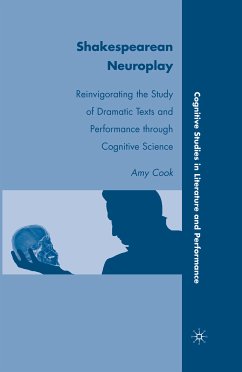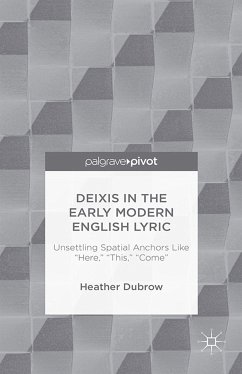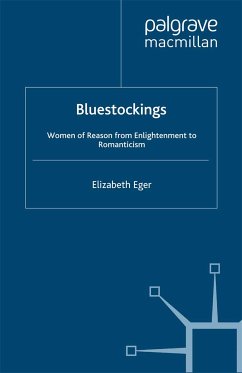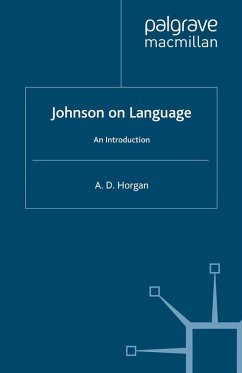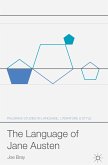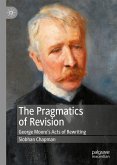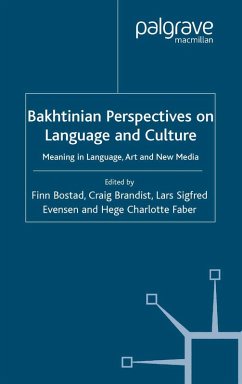Dieser Download kann aus rechtlichen Gründen nur mit Rechnungsadresse in A, B, BG, CY, CZ, D, DK, EW, E, FIN, F, GR, HR, H, IRL, I, LT, L, LR, M, NL, PL, P, R, S, SLO, SK ausgeliefert werden.
Hinweis: Dieser Artikel kann nur an eine deutsche Lieferadresse ausgeliefert werden.
"A rare book that adds new dimensions to our understanding of theatre, literature, and the human mind. Cook's remarkably original approach offers deep insights presented with striking clarity and elegance." - Gilles Fauconnier, Distinguished Research Professor of Cognitive Science, University of California, San Diego, USA
"Shakespearean Neuroplay is an important contribution to theatre and performance studies. Rigorously engaging current cognitive studies, Cook offers nuanced and sometimes surprising insights into Shakespeare (particularly Hamlet) that are of use not only to scholars, but also to directors and actors. Integrating cognitive linguistics, literary studies, performance theory, theatre history, and Shakespeare studies, Cook's approach to Shakespeare provides a rich meditation on how our minds work in relationship to language, imagery, and embodiment, and how, on the most basic human level, we understand and experience theatre." - Rhonda Blair, Professor of Theatre, Southern Methodist University, USA and President of the American Society for Theatre Research
"This is a startlingly original and courageous exploration of cognitive blending theory and its usefulness for understanding the epistemological complexities of Shakespeare's Hamlet, in both text and performance. Cook offers a comprehensive reading of Hamlet's resonant mirror metaphor that extends the traditional rhetorics common to both literary criticism and theatre studies toward the cognitive-linguistic dynamics underlying both. Utilizing Cook's rare combination of experience in theatrical production, her expertise in Shakespeare studies, and her ground-up familiarity with the emerging field of cognitive performance theory, this study vigorously participates in ongoing reconfigurations across the disciplines that are now enabled perhaps even necessitated by embodiment studies in the humanities." - F. Elizabeth Hart, Associate Professor of English, University of Connecticut, Storrs, USA and co-editor of Performance and Cognition

